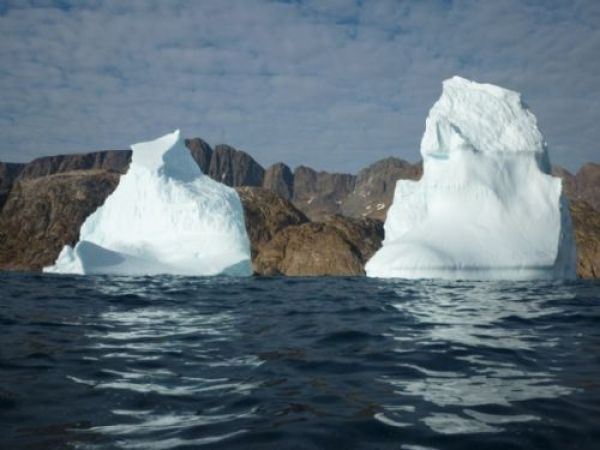These ice sheet estimates feed directly into projections of sea-level rise resulting from climate change. They are made by measuring how much material ice sheets are gaining or losing over time, known as mass balance, to assess their long-term health. Snowfall increases the mass of an ice sheet, while ice melting or breaking off causes it to lose mass, and the overall balance between these is crucial.
Although scientists now have a much better understanding of the melting behaviour of ice sheets than they did in previous decades, there are still significant uncertainties about their future melt rates, researchers found.
The new study, published in the scientific journal Earth Science Reviews, shows that despite recent advances in computer modelling of ice sheets in response to climate change, there are still key deficiencies in the models used to estimate the long-term health of ice sheets and related global sea-level predictions.
Continue reading at University of Lincoln
Image via University of Lincoln


